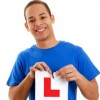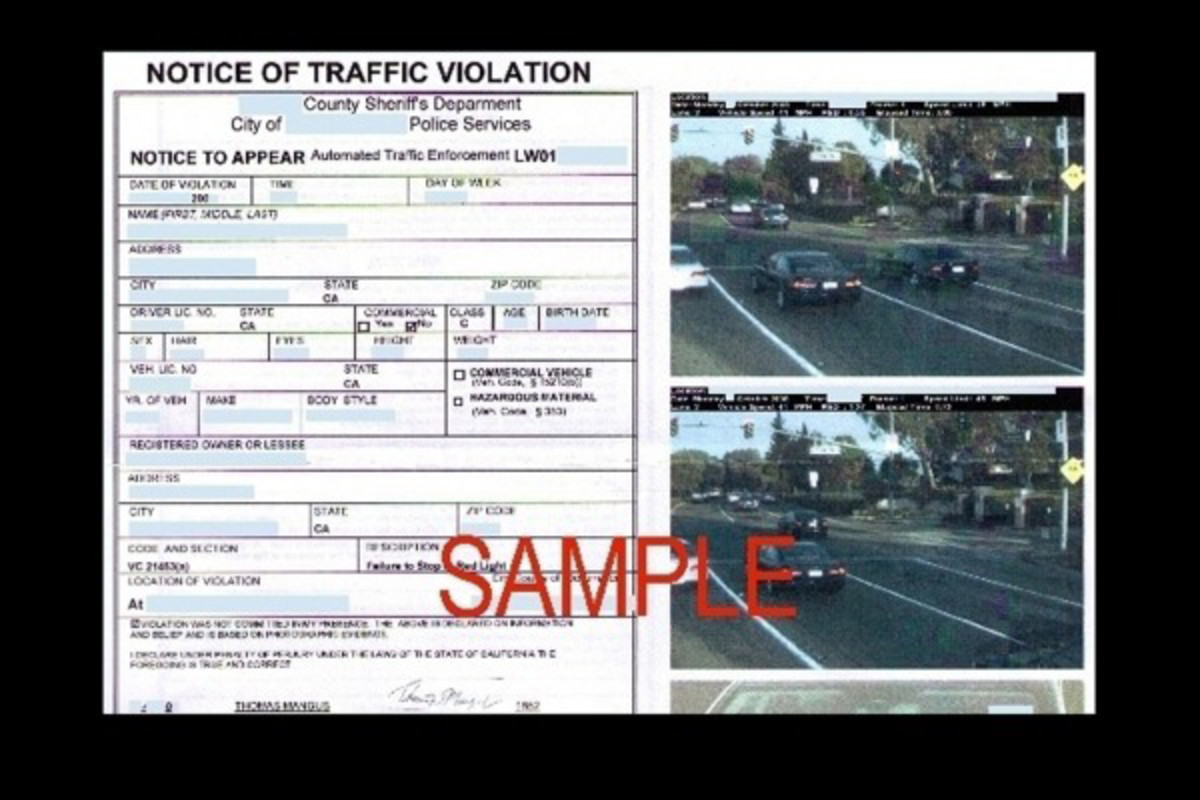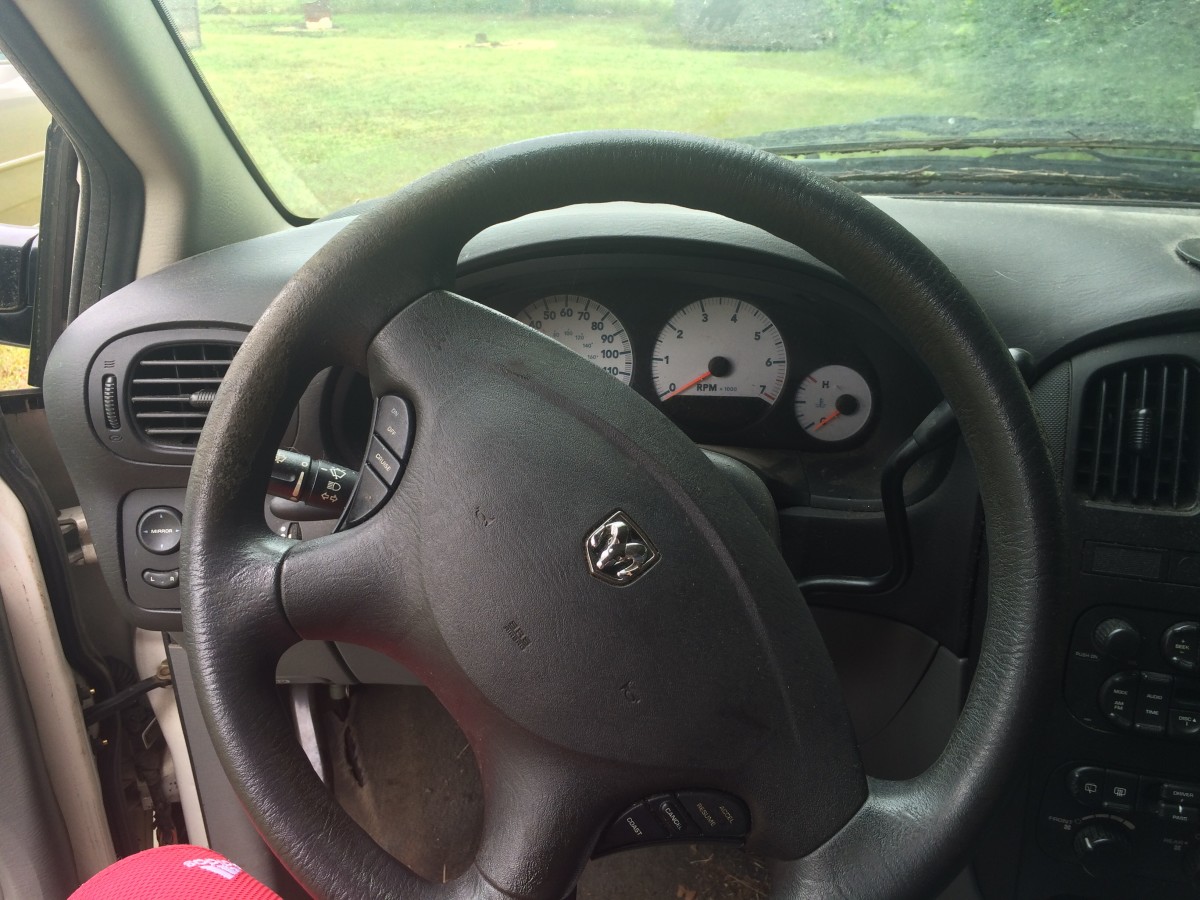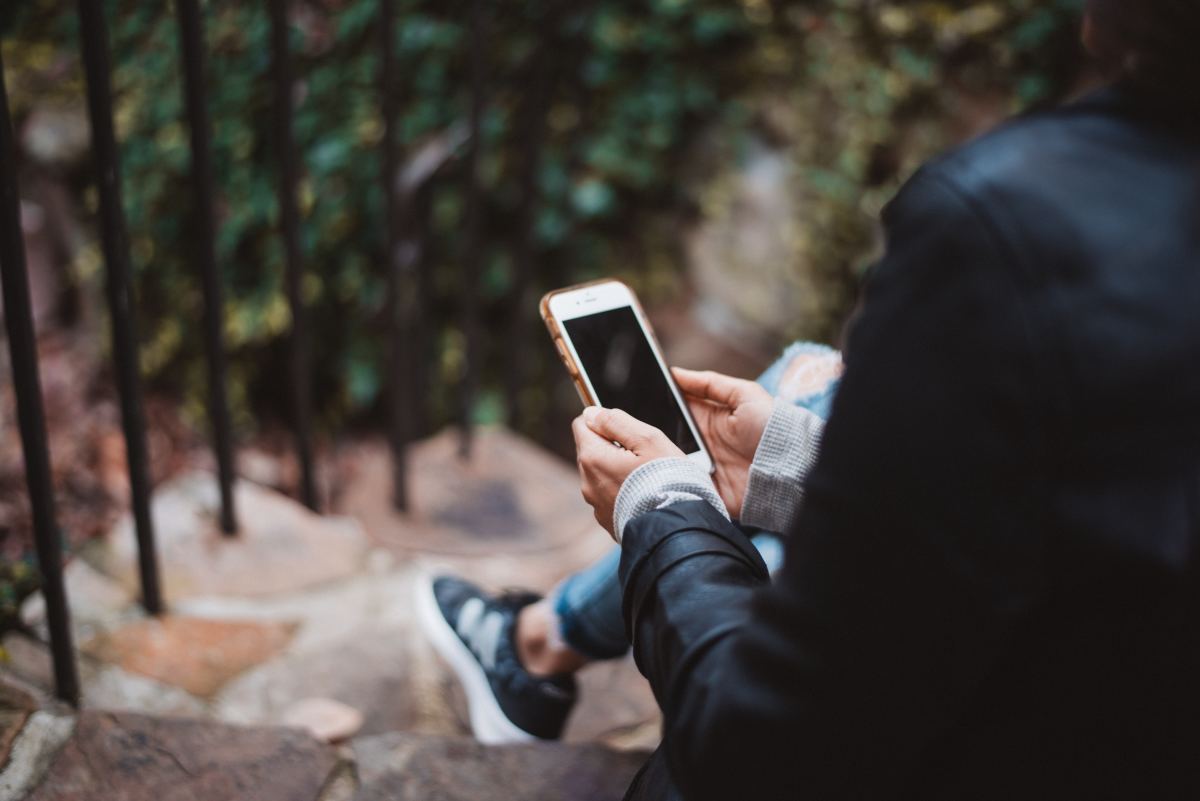Correct Use Of Mirrors
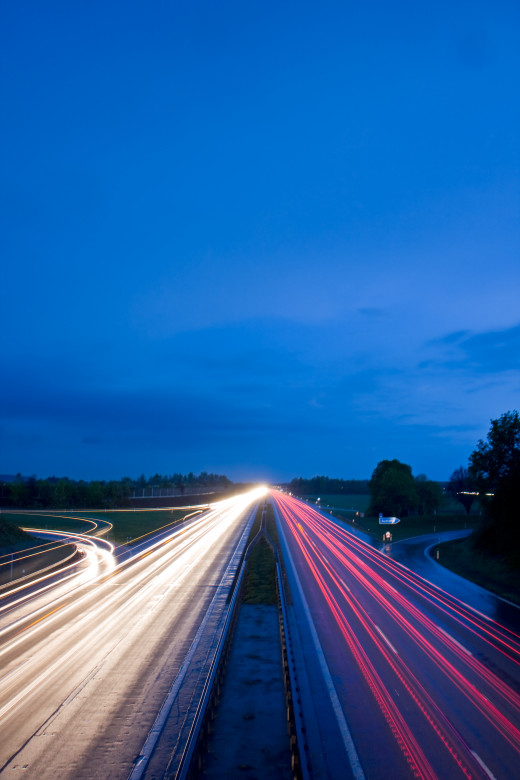
Do It Right!
So why should you check your mirrors whilst driving your car? If this question was put to all leaner drivers a popular answer would be: 'because I need to check them to pass the driving test' or 'the examiner will be watching me to see if I check my mirrors'. Now both of these answers are correct if your sole aim is to pass the driving test. However, if you are a conscientious driver who aims to drive safely, then your answer will be considerably different.
I remember when I was learning to drive, a long time ago. My driving instructor told me, 'You should check your mirrors before you do anything! Before you turn the wheel. Before you change gear. Before you signal.' Well before every potential action you may take when driving. Again this methodology is correct in a simplistic way and you will certainly cover all bases but will never last the test of time. It isn't natural and certainly doesn't explain why we are checking our mirrors. This soon leads to apathy and a life of driving with minimal mirror checks. Not a good idea!
I believe that mirror checks are a fundamental aspect of everyday driving that cannot be simplified. The importance of checking mirrors whilst driving cannot be over-stressed to any learner driver. Each and every learner driver must understand the Where, When, and Why of mirror checks.
I teach all of my students to check the appropriate mirrors as soon as they observe anything that may affect them as they drive along a road. For this approach to be effective the driver must be constantly looking, thinking and planning ahead.
The things that may affect a vehicle as it drives along a road can be broken down into three main categories:
1) Anything that may cause you to change speed. e.g. a speed limit sign, or a cyclist up ahead.
2) Anything that may cause you to change direction. e.g. a parked vehicle.
3) Anything that may cause you to provide a signal. e.g. a slow moving vehicle.
The Highway Code states "That you should check your mirrors often so that you always know what is around you and behind you". The key phrase here is 'always know'. To achieve this the mirror checks need to be carried out every few seconds.
Going a little deeper: why is it important to check your mirrors at the times listed above:
1) If you need to slow down for any reason it is vital to check your mirrors early to see if any other vehicle is following closely behind you. If a vehicle is following you closely then you may deem it necessary to slow down early and gradually. The vehicle behind may not be paying attention. By slowing down gradually the vehicle behind will have more time to recognise you and your attentions.
When you need to speed up, it is again necessary to check your mirrors before doing so. Another vehicle may be in the process or about to over-take you at the same time. This could lead to a potentially dangerous situation. If you notice another vehicle in the process of, or about to over-take you, it may be best to hold your speed and not accelerate until after the vehicle has gone safely past you.
2) If you need to change direction or position on the road for any reason it is vital that you check to make your it's safe to do so! For example if you are travelling in the left hand lane of a two lane road and you observe an obstruction in your lane, ahead of you.....it is paramount that you check your main mirror, followed by your right hand side mirror, and your right hand blind spot as soon as possible to ensure that no other vehicle is anywhere near your car before overtaking the obstruction.
A common deficiency in this procedure often displayed by drivers of all experience levels, is not carrying out these essential checks early enough. The later these checks are carried out the more hazardous the situation may become. You should always be looking as far ahead as possible and thinking about your actions and potential actions long before the action is required.
3) If when driving you need to provide a direction signal for any reason it is important to check the appropriate mirrors before doing so! This is the main categorisation of mirror checks that is most commonly omitted by experienced and learner drivers alike. The reason for this is most often a lack of understanding as to its importance.
Checking your mirrors before signalling is very important because:
a)Its the first action you take in the sequence after you have decided to change direction.
b)Before deciding to slow down or change direction its vital to understand the traffic situation around you. You do not want to apply a direction signal if another vehicle has begun to overtake you. Your signal might unnerve them if they think you might change direction before they have passed you.
c)You shouldn't plan to take any action when driving before first checking to see if the situation around you is safe to do so.
In summary:
Effective checking of a vehicle's mirrors is often overlooked as it is deemed to be less important compared to other elements of driving. If you don't check your mirrors adequately it wont have a direct impact on the safety of your vehicle. However, if you are travelling at speed and accident happens ahead of you, you may not have time to check your mirrors in that instant. This could have serious implications for you and the safety of your vehicle and occupants as your avoidance action may require an instant decision! Do you change to the next lane? Do you brake quickly? Do you brake quickly and change to the next lane? Would you be comfortable making this decision when you haven't checked any mirrors, let alone the appropriate mirrors within the last mile or so?
I can't stress to you enough the importance of continual and methodical checking of your vehicle's mirrors when travelling along any road. As the Highway Code states "You should check your mirrors often enough that you always know what's behind you and around you". Ask yourself this: "Is it possible that an incident could happen ahead of you as you drive along a road?" If you answered yes to this question- make sure that you check your mirrors at regular intervals as you drive along the road- you never know it might just save your life.
